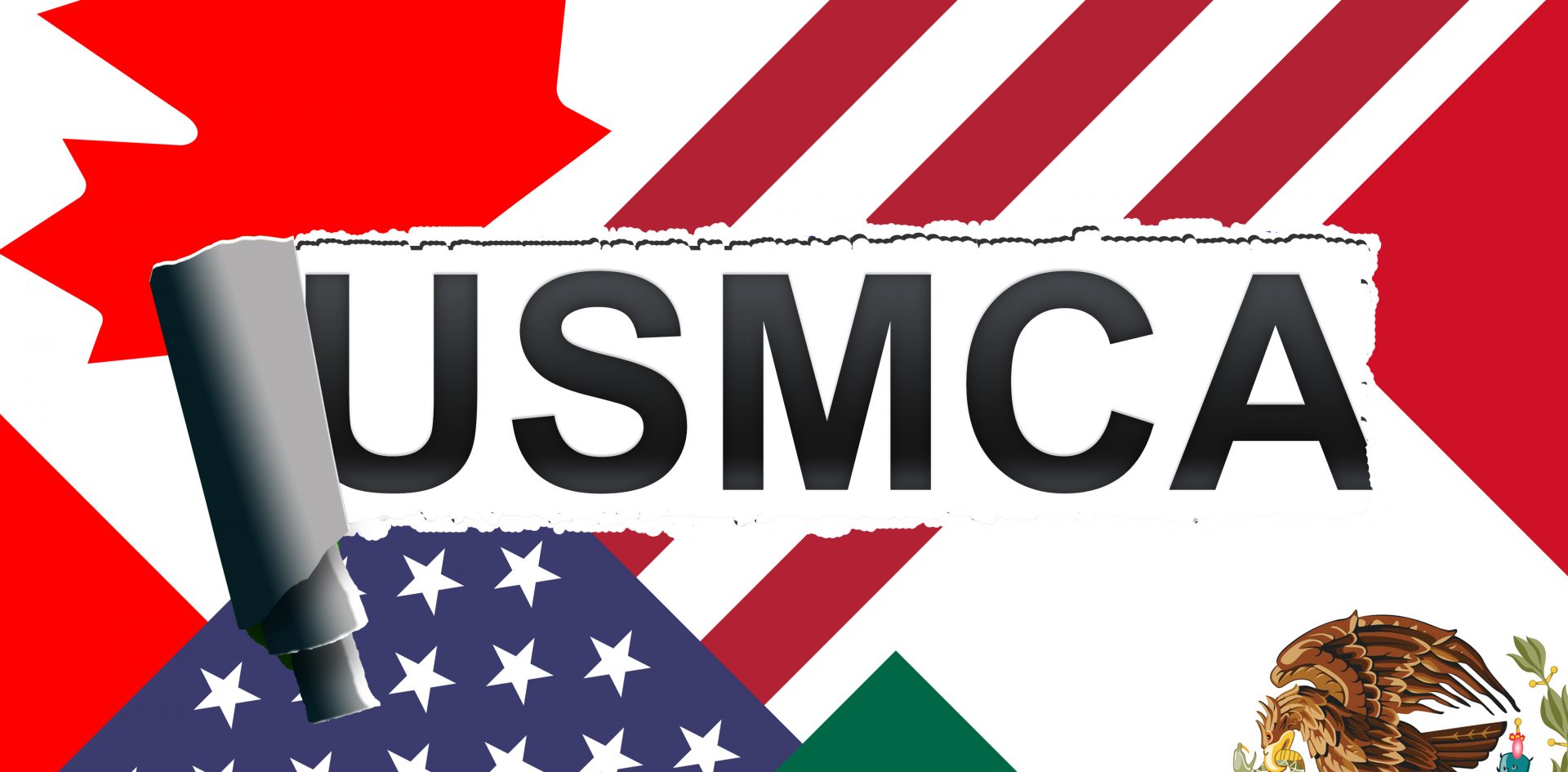Sustained Engagement is Key for USMCA Passage
Today – November 13 – Recognized as USMCA Media Day of Action
A SOCMA Perspective
The state of play has reached a critical juncture in U.S.-Mexico-Canada Agreement (USMCA) negotiations (USMCA being the trade agreement that is set to replace NAFTA) as House Democrats continue to work through the thorniest outstanding issues, such as the pact’s labor standards and enforcement mechanism, with the Office of the U.S. Trade Representative.
SOCMA supports USMCA’s modernization of the North American Free Trade Agreement’s chemical chapters. Canada and Mexico are the industry’s top export destinations and SOCMA’s top priority is the maintenance of duty-free trade for all qualifying chemical products.
As negotiations reach what industry hopes are the final stages, Trade Promotion Authority (TPA) process suggests that negotiations between the White House and House Dems need to conclude soon in order for the implementing bill to pass in December. And, while the impeachment dynamic has moved separately, further delays may result in a more contentious TPA clock ahead of 2020 elections.
As such, it is imperative to engage House Democrats and reinforce the fact that this agreement brings NAFTA into the 21st century with many benefits for the specialty chemical industry. Congress will adjourn the second week of December unless more time is needed to pass another Continuing Resolution to fund the federal government. Meeting TPA requirements in such a window will be difficult, but possible if leadership is unified.
USMCA updates specific areas of importance to the specialty chemical industry, most notably rules of origin. For instance, under USMCA, exporters would be able to prove origin in a less burdensome manner and specialty chemical manufacturers would no longer be required to determine regional value content in order to confer origin. Proving originating content is simplified, e.g. the chemical reaction rule – a process that results in a molecule(s) with a new structure – was not available as a means to confer origin in NAFTA.
USMCA’s promotion of regulatory cooperation is also notable. USMCA’s Sector Annex for Chemical Substances provisions list specific opportunities for enhanced cost efficiencies, e.g. risk assessment cooperation, Globally Harmonized System of Classification and Labeling of Chemicals alignment, and the development of chemical inventories.
Looking ahead, sustained engagement for a condensed timeline is critical. In addition to today’s media activities, there are opportunities in districts in the coming weeks. When industry stakeholders and local employees voice support, representatives (many of whom are moderate Democrats) have more cover to engage Democratic leadership.
Some past free trade agreements have in fact moved to the floor relatively quickly, e.g. Korea and Panama, but timeline management is dependent upon a variety of factors including the degree to which members outside the trade subcommittee want to exercise their prerogatives in hearings and committee markups.
If and when U.S. House Speaker Pelosi and Majority Leader Hoyer greenlight the process more formally in terms of Congressional consideration, industry will have a better understanding of timelines and expansiveness of implementing language.
For more information on updated rules of origin for chemicals and intermediates, please reach out to Matthew Moedritzer, Manager of Legal and Government Relations.
